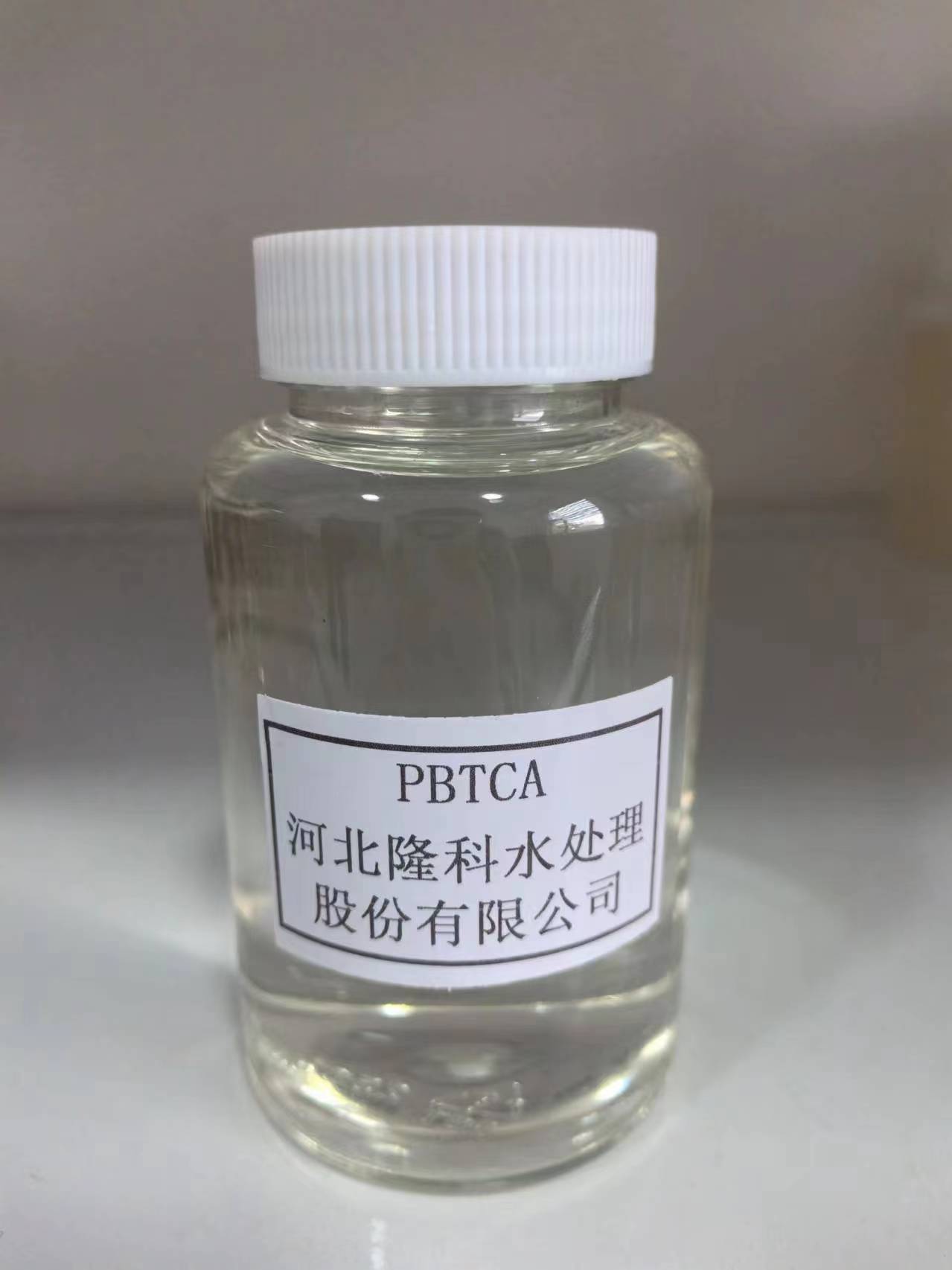industrial flocculant
The Role of Industrial Flocculants in Water Treatment and Waste Management
Industrial flocculants play a crucial role in the treatment of water and wastewater, making them indispensable in various sectors, including municipal water treatment, mining, pulp and paper production, and food processing. These chemical agents facilitate the aggregation of fine particles suspended in water into larger clusters, known as flocs. The formation of these flocs simplifies the separation process, making it easier to remove impurities and achieve cleaner water.
Understanding Flocculation
Flocculation is a critical process in water treatment that enhances the clarity of water by removing suspended solids, colloids, and other contaminants. Flocculants are typically used to agglomerate particles, thereby simplifying the sedimentation and filtration processes. They function by neutralizing the charge of the particles in suspension, allowing them to come together and form larger aggregates. The effectiveness of this process depends on various factors, including the chemical composition of the flocculant, dosage, pH of the water, and the type of contaminants present.
Types of Flocculants
Flocculants can be categorized into three main types organic, inorganic, and bio-based
.1. Organic Flocculants These are usually synthetic polyacrylamides or natural polymers like starch, which are preferred in many industrial applications due to their high efficiency and ability to work effectively across a range of water conditions. They are often employed in municipal wastewater treatment and mining processes.
2. Inorganic Flocculants Common inorganic flocculants include aluminum sulfate (alum), ferric chloride, and lime. These substances have been used for decades and are particularly effective in removing turbidity and color from water. Inorganic flocculants are generally low-cost but may introduce additional metal ions into the water, which could require further treatment.
3. Bio-based Flocculants An emerging trend in flocculant technology is the use of bio-based materials derived from natural sources such as plants and microorganisms. These eco-friendly alternatives offer a sustainable option for water treatment and can often achieve similar or superior results compared to conventional flocculants without the associated environmental concerns.
industrial flocculant

Applications of Flocculants
The applications of flocculants are vast and varied. In the municipal water treatment sector, flocculants are an essential component of the drinking water purification process, ensuring that harmful contaminants are effectively removed before water reaches consumers. Similarly, in the wastewater treatment sector, these chemicals help in clarifying effluent, making it safer for discharge or reuse.
In the mining industry, flocculants are utilized to separate valuable minerals from waste material, enhancing the efficiency of ore recovery. In the pulp and paper industry, they are used to facilitate the removal of wood fibers and other particles from the process water, thus improving water quality and efficiency.
Environmental Considerations
While flocculants are vital for effective water treatment, their use presents certain environmental challenges. The introduction of synthetic flocculants can lead to concerns about potential toxicity and the long-term impact on ecosystems. As such, regulatory standards often guide the use of these chemicals to mitigate potential risks.
However, the shift towards bio-based flocculants is promising for reducing environmental impact. These natural alternatives not only minimize toxicity concerns but also promote sustainability in water treatment practices. Their biodegradable nature allows them to break down more easily in the environment, leading to lower ecological footprints compared to traditional flocculants.
Future of Flocculants in Industry
The future of industrial flocculants looks bright as ongoing research and technological advancements continue to improve their efficacy and sustainability. Innovations in molecular design and formulation are leading to the development of more efficient and environmentally friendly products. Additionally, the integration of automated monitoring and control systems in water treatment facilities is helping optimize flocculant usage, further enhancing treatment efficiency.
In conclusion, industrial flocculants are essential for effective water treatment and resource management across various industries. Their ability to clarify water and remove contaminants is vital in maintaining public health and protecting the environment. As the industry evolves towards more sustainable practices, the role of innovative flocculants will become increasingly important in achieving these goals.
-
lk-319-special-scale-and-corrosion-inhibitor-for-steel-plants-advanced-solutions-for-industrial-water-systemsNewsAug.22,2025
-
flocculant-water-treatment-essential-chemical-solutions-for-purification-processesNewsAug.22,2025
-
isothiazolinones-versatile-microbial-control-agents-for-industrial-and-consumer-applicationsNewsAug.22,2025
-
scale-inhibitor-key-solutions-for-water-system-scale-preventionNewsAug.22,2025
-
organophosphonates-versatile-scale-inhibitors-for-industrial-water-systemsNewsAug.22,2025
-
scale-and-corrosion-inhibitor-essential-chemical-solutions-for-water-system-maintenanceNewsAug.22,2025





